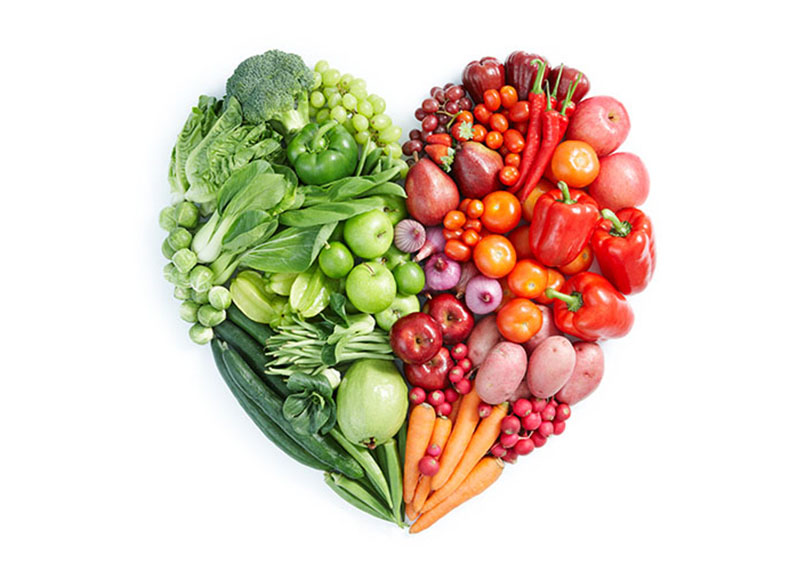
At Valley Medical Center’s Food Management Nutrition Services (FMNS), we strive to exceed your expectations. One way we do this is by making an effort to serve as much sustainable food as we can. Did you know that all of our salmon is wild caught in Southeast Alaska? We also buy local products as much as possible. Have you tried our newest local offering, Ellenos yogurt? You can find it at Legacy and Skyway Espresso Stands. The FMNS department has been taking small steps to make great changes in the health care food service system. We want to continue making more changes in order to serve exceptional quality food. Our next goal is to serve sustainable chicken that was raised without the routine use of antibiotics.
Food is medicine and there is not a more important place to have higher quality food than the food served to patients. Antibiotic resistance is a huge problem happening right now and the food industry plays a significant role. According to the CDC, every year 2 million people become infected with antibiotic resistant bacteria and approximately 23,000 people die from these infections. Eighty percent of all antibiotics are used for livestock in order to increase growth and prevent infections that may occur. This overuse of precious antibiotics in livestock results in antibiotic resistance. In order to reduce antibiotic resistance, we need our meat producers to stop using antibiotics on their livestock for growth or infection-prevention purposes. To do this, a market change needs to occur—as more people buy sustainable meat, the need for meat raised without antibiotics will increase.
One event that has been working to reduce the use of antibiotics in livestock is Food Day that happens every October 24. Food Day is a day that celebrates real food and inspires people to make changes to their diets and our food policies. Each year thousands of organizations host events to address and spread the message of public health, animal welfare and environmental issues. This year the focus is on greener diets. It’s a well-known fact that the typical Western diet plays a heavy role in contributing to obesity, diabetes, heart disease and a plethora of other health problems. Eating a greener diet, high in fresh fruits and vegetables, legumes and whole grains, and low in meat can significantly improve a person’s health as well as help the environment. To learn more about Food Day, visit foodday.org.
Join FMNS as we celebrate Food Day on October 24! Along with the usual array of fresh fruits and vegetables, the cafeteria will also serve at least one meal made with a sustainable meat, raised without the routine use of antibiotics. In addition, we will have an informational booth where you can stop by and learn more about antibiotic resistance and Food Day.
To learn more about Food Day and how you can participate to help us make these much needed changes please stop by our booth outside Trendz café on October 24!
Guest blogger Mariya Kuyan is a Dietetic Intern with FMNS

